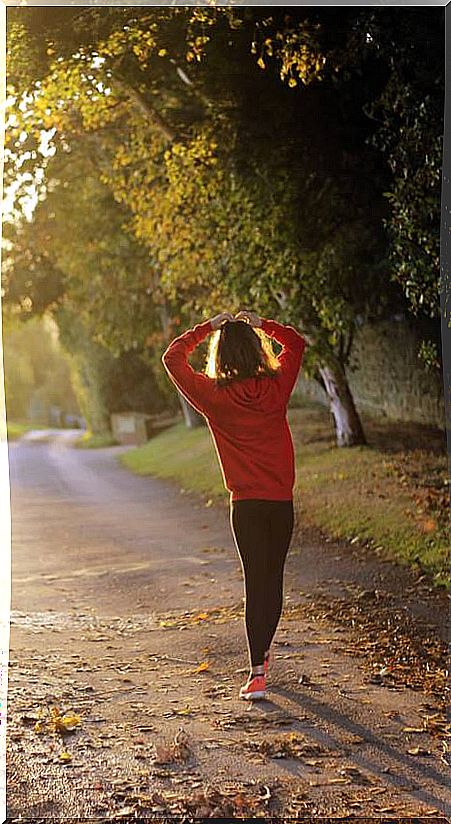Exercise Boosts Your Spirits To Resist The Pandemic
The beneficial effects of physical exercise on body health are well known, but it also strengthens you mentally and emotionally.

The coronavirus crisis is altering the general mood. Many people are worried about their loved ones, feel tense, and get irritated more easily. Relaxation techniques can help you and you can also exercise more frequently.
Physical activity quickly improves our mood and prevents us from falling into depression. In addition, its effect lasts several weeks, according to a study conducted at Columbia University in New York.
Four times a week for 30 minutes
The researchers selected 119 healthy adults between the ages of 19 and 45 without sports habits and mentally healthy. Until now, the effects of sport on the human psyche had only been investigated in people who were generally more susceptible to anxiety disorders or clinical depression.
The researchers divided the study subjects into two groups: an experimental group and a control group. Members of the experimental group were asked to walk, lightly run on a treadmill, or use the stationary bike four times a week for nearly 35 minutes with enough intensity to be out of breath at the end of the session (up to 70 minutes). -80% of maximum heart rate). The total practice time spanned three months.
After this time, the researchers took mental health questionnaires back to the experimental and control groups and asked the participants in the first to stop exercising for a whole month. All the participants were disappointed: they had gotten used to the movement.
The risk of developing depression is reduced by 35%
After the sports-free month, the researchers interviewed the experimental group participants for the last time. The test group’s mental health outcome continued to be better than before the experiment.
Their risk of developing depression had dropped 35 percent compared to the control group. They also had no problems with negative emotions, they weren’t irritated, angry, or hostile.
Effects are maintained over time
The positive effect occurred after three months of training and continued even during the inactivity phase of the experimental group participants until the final survey.
Study author Kathleen McIntyre sums it up like this: “Those who can hike, jog, or bike these days should. It helps us with all the negative feelings that we are experiencing right now. “
It is not surprising that after the mandatory confinement due to the COVID-19 pandemic we have seen how streets and roads have been filled with athletes. Many of them had probably never been out for a run before, but their body and mind were asking for it and they did well to follow that impulse.
Scientific reference:
McIntyre et al. The effects of aerobic training on subclinical negative affect: A randomized controlled trial. Health Psychology









